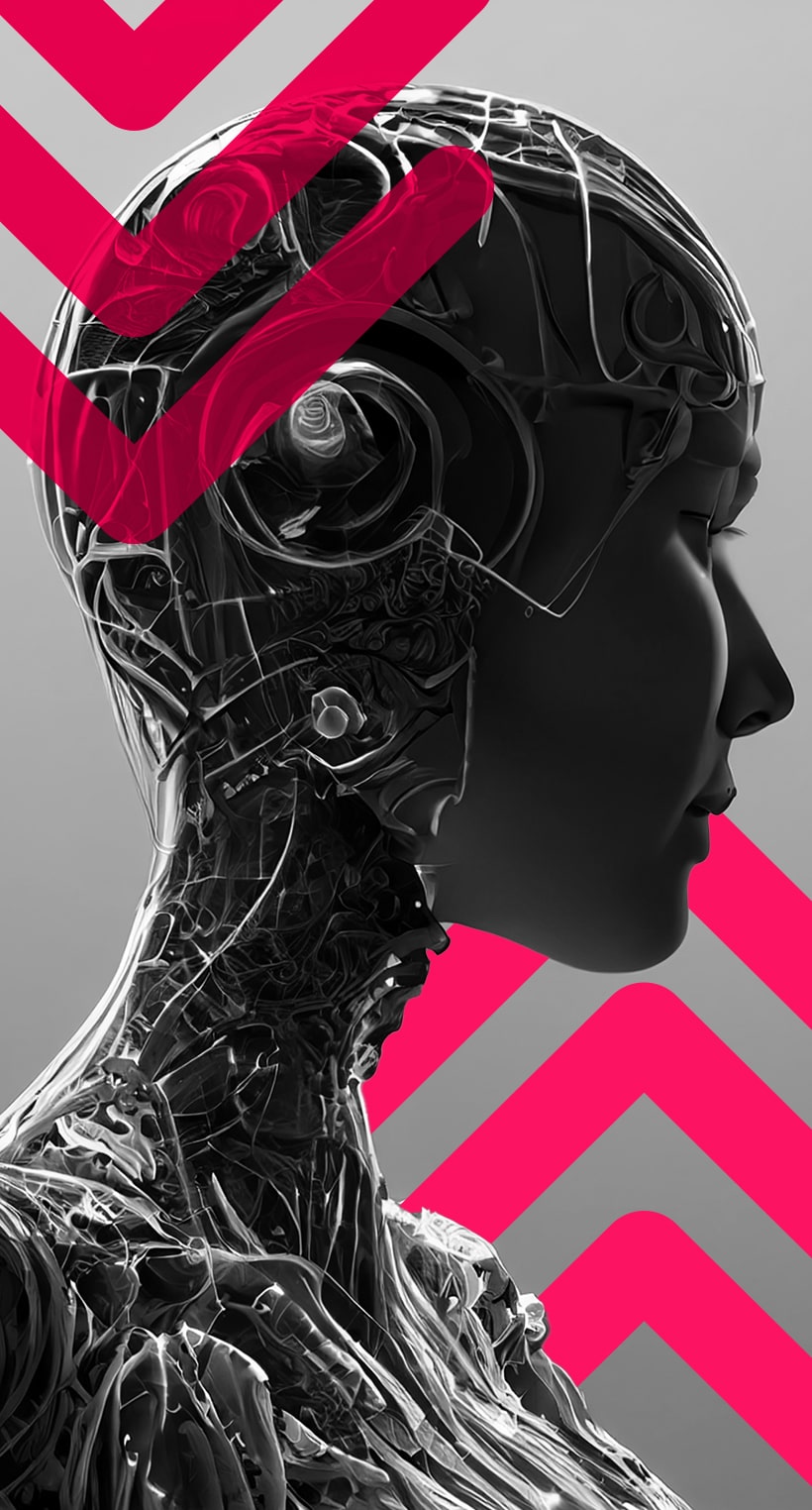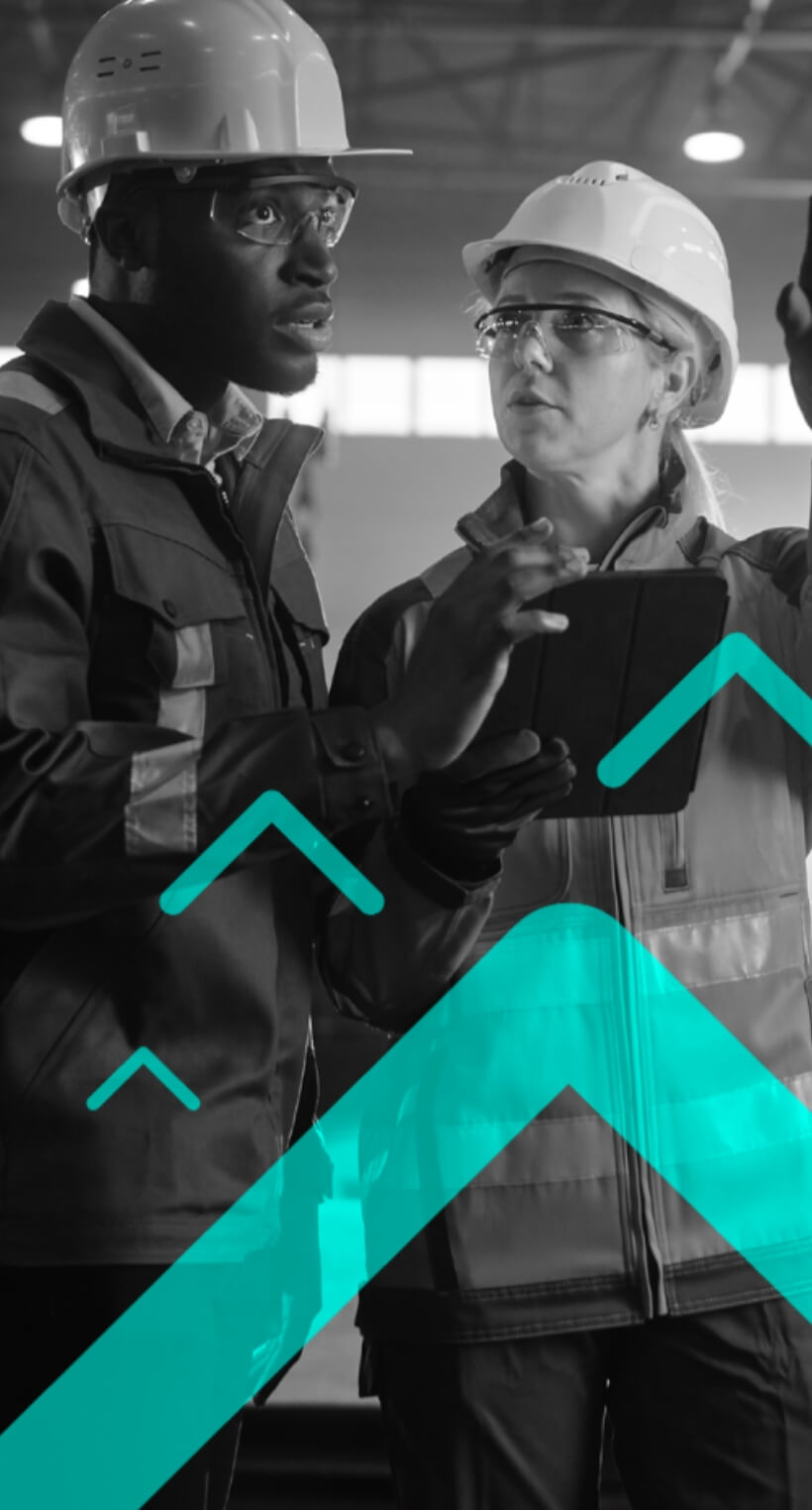As businesses embrace AI’s transformative potential, a new era of manufacturing excellence is unfolding, reshaping how products are developed, produced, and delivered.From ideation to production, quality control to supply chain management, AI is an indispensable ally, unlocking new opportunities for productivity and competitiveness.
The Role of AI in Product Innovation
One of AI’s most significant contributions to manufacturing is its ability to accelerate and enhance product innovation. By harnessing machine learning algorithms and data analytics, manufacturers can gain insight into customer preferences, market trends, and product performance.
- Generative Design: AI-powered generative design tools enable engineers to explore countless design iterations, optimising for factors such as strength, weight, and cost.
- Virtual Prototyping: AI-driven virtual prototyping allows manufacturers to simulate and test product designs in a virtual environment, eliminating the need for costly physical prototypes.
- Predictive Analytics: By leveraging AI’s predictive capabilities, manufacturers can anticipate future market trends, customer demands, and product performance issues.
How AI is Improving Operational Efficiency in Manufacturing
Beyond product innovation, AI is also optimising operational efficiency across manufacturing facilities. By automating processes and minimising downtime, AI is helping manufacturers achieve unprecedented productivity and cost-effectiveness.
- Intelligent Automation: AI-powered robotics and automation are transforming factory floors. These systems can adapt to changing conditions, learn from experience, and optimise their performance, resulting in increased efficiency and reduced errors.
- Predictive Maintenance: By continuously monitoring equipment performance and analysing real-time data, AI can predict potential failures or breakdowns before they occur.
- Process Optimisation: AI can analyse vast amounts of data from various sources, such as production lines, supply chains, and customer feedback, to identify bottlenecks, inefficiencies, and areas for improvement.
AI-Powered Predictive Maintenance in Manufacturing
Predictive maintenance is changing the way manufacturers approach equipment maintenance and asset management. By using advanced machine learning algorithms and sensor data, AI systems can predict when equipment may fail or require maintenance, enabling proactive interventions.
- Condition Monitoring: AI-powered systems continuously monitor the condition of critical equipment and machinery through various sensors to detect anomalies.
- Remaining Useful Life Estimation: AI can estimate the remaining life of equipment components by combining historical data, real-time sensor data, and machine learning models.
- Prescriptive Maintenance: AI predicts when maintenance is required and recommends specific actions.
AI-Driven Quality Control and Defect Detection
AI enables manufacturers to implement robust quality control measures and detect even the most subtle defects with unprecedented accuracy.
- Automated Visual Inspection: AI-powered computer vision can analyse high-resolution images or video feeds from production lines to identify defects, anomalies, or deviations from quality standards.
- Defect Classification and Root Cause Analysis: AI algorithms can detect defects, classify them based on their characteristics, and identify the underlying root causes.
- Adaptive Quality Control: AI systems can continuously learn and adapt to changing production conditions, product specifications, and quality standards.
By leveraging AI-driven quality control and defect detection, manufacturers are achieving unprecedented levels of product quality, reducing waste, and minimising the risk of costly recalls.
AI-Powered Supply Chain Optimisation
AI is also transforming supply chain operations, enabling manufacturers to optimise logistics, minimise disruptions, and ensure timely delivery of raw materials and finished products.
- Demand Forecasting: AI can analyse historical data, market trends, and external factors to forecast demand for products and raw materials accurately.
- Route Optimisation: AI-powered route optimisation tools can analyse real-time data on traffic patterns, weather conditions, and delivery constraints to determine the most efficient transportation routes.
- Supplier Risk Assessment: AI can evaluate data on suppliers to assess potential risks and identify the most reliable and cost-effective suppliers of raw materials and components.
The Future of AI in Manufacturing
As AI evolves, its impact on manufacturing will only deepen and expand. The future holds exciting possibilities, including:
- Autonomous Manufacturing: AI may eventually enable fully autonomous manufacturing facilities, where machines can self-optimise, self-maintain, and adapt to changing conditions without human intervention, resulting in unprecedented efficiency and productivity.
- Human-AI Collaboration: Rather than replacing humans, AI will increasingly collaborate with them. This relationship will unlock new levels of creativity, problem-solving, and innovation in manufacturing.
- Sustainable and Circular Manufacturing: AI’s predictive and optimisation capabilities will enable sustainable and circular manufacturing practices.
- Distributed and Decentralised Manufacturing: AI-enabled technologies may facilitate the rise of distributed and decentralised manufacturing models, where production can be localised and customised to meet specific regional or customer demands, reducing transportation costs and carbon footprints.
- Convergence of AI and Emerging Technologies: Integrating AI with other emerging technologies, such as the Internet of Things (IoT) and 5G networks, will create new applications for AI in the manufacturing world.
Conclusion
The integration of AI in manufacturing is transforming businesses across the UK and Central Europe. From accelerating product innovation to optimising operational efficiency, AI is redefining what is possible in manufacturing.
As we look to the future, the convergence of AI with emerging technologies and the rise of autonomous manufacturing, human-AI collaboration, and distributed production models will further reshape the manufacturing landscape. Manufacturers who proactively embrace these developments will not only remain competitive but also shape the future of their industries.
;)
;)
;)